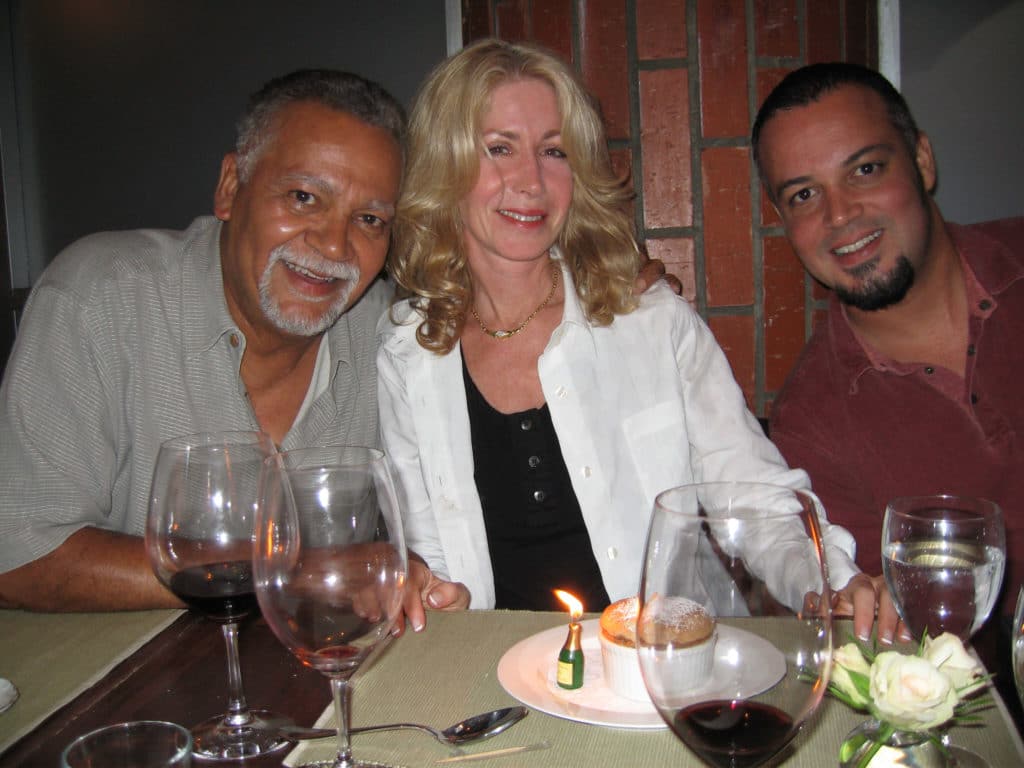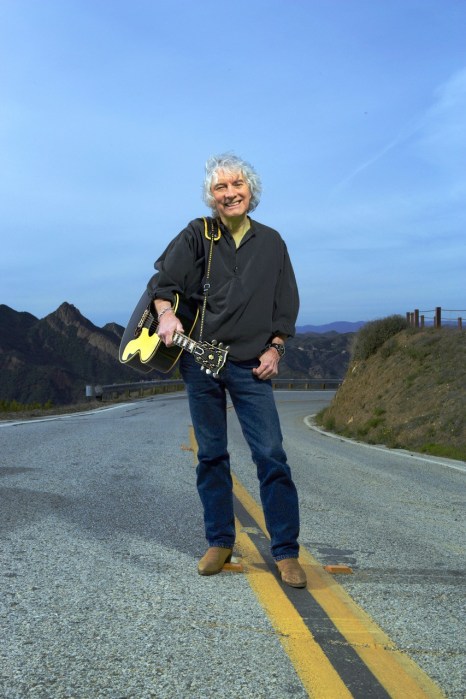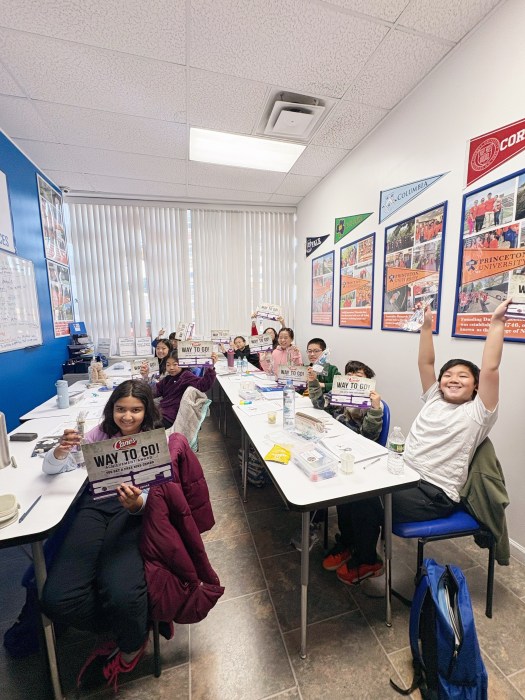
Life as a songwriter has taken Roxanne Seeman far from her childhood home in Great Neck. It’s taken her to the heights of artistry and collaborations with renowned acts like Earth, Wind and Fire, Phil Collins and Barbara Streisand. It’s taken her across the globe, to Europe and Brazil and the Great Wall of China.
It’s taken her everywhere, it seems, but home. And it’s taken her a long time to figure out that might have something to do with the omnipresent influence of her mother, longtime Town of North Hempstead councilwoman Lee Seeman.
“Her presence is so big in Great Neck and Nassau County that I think I probably wanted to find my own identity in a place where I was by myself,” Seeman said. “I had dreams of digging a hole through the Earth and getting onto the other side of the world. I knew there was a whole big world out there, and I wanted to see a lot more.”
All that wanderlust doesn’t mean Seeman doesn’t hold a great affection for the place of her birth, however. It was here, looking out over the Long Island Sound on the dock of the old Schwadron Estate in Kings Point, that she was first inspired to start writing lyrics. And it was here that met the first of many music teachers that would help her along on her journey.
“There’s no question it shaped my life,” Seeman said of her upbringing in Great Neck.
“There is something about it, there’s so many people that come from Great Neck that have been successful musically. I felt I had to leave to find what was possible, but coming from Great Neck it gave you that feeling that anything was possible. There was something about that dock on the Long Island Sound, looking over New York City.”
Seeman didn’t come from a musical family, but as far back as her time in Saddle Rock Elementary School she could remember writing poetry constantly. After an unsuccessful spate of piano lessons, she eventually picked up the violin around 10 years old. From there, she returned to the piano and began to develop the affinity she carries to this day.
“I just loved music,” Seeman said. “Music just takes you on a journey. A piece of music can take you places. If you like to travel in your mind, it can make you feel things. And I think in the process of doing that, it was like painting or doing sculpture.”
Seeman fought her way into the industry soon after graduating from Columbia University, where she studied East Asian culture. Along the way she developed a fruitful partnership with fellow songwriter Billie Hughes in 1983, and over the next 15 years the duo would pen work that spawned hit songs across the globe. Hughes was a unique force, Seeman said, equal parts reserved and precocious. Their partnership, which lasted until his passing in 1998, was the kind of thing that happens once in a lifetime.
“It was an incredible partnership, it’s one of those things that doesn’t get repeated,” Seeman said. “He was a very quiet guy in many ways, although his thoughts were very big in many ways. We could communicate without a lot of words. It was like another world that we lived in.”
The time Seeman spent learning about East Asia helped her and Hughes write the most well-received song of their career, “Walking on the Chinese Wall,” which eventually earned Earth, Wind and Fire frontman Philip Bailey a Grammy nomination for his vocal performance. The song, inspired by a trip Seeman took to China and eventually produced by Phil Collins, was thrown into limbo after her publisher turned down the song for being too unusual. With the rights reverting back to her and Hughes, they had to find an artist themselves and wound up striking gold when they sent the demo to Bailey.
“Philip Bailey really heard it, he got it,” Seeman said. “It took Philip Bailey and Phil Collins to hear it, because it was really an unusual song.”
“Chinese Wall” became a longtime hit, and nearly two decades later it served as the finale of the first-ever concert held at the Great Wall of China in 2004.
“People would tell me where they were when they heard it the first time, all over the world,” Seeman said. “It did even better around the world than it did here. It did really well in Denmark, it still plays in Germany and France.”
Over the last decade, Seeman has written a number of songs for Chinese pop superstar Jacky Cheung, a hugely successful artist referred to as “The God of Songs” in his home of Hong Kong. Seeman-written Cheung hits like “Double Trouble” have helped bring jazz into the mainstream in China, creating a hybrid style of the genre Cheung calls “canto-jazz.”
For somebody like Seeman, who has spent decades helping cross-pollinate music cultures across the planet, cross-cultural hits like K-pop and canto-jazz are just the natural result of a shrinking world.
“The difference that made it easier now is the internet, but I always saw this coming” Seeman said. “I think there’s something to appeal to any kind of feeling you have. Each culture has its own cultural music, but now it’s like a potpourri of amazing sounds for your ears.”



































